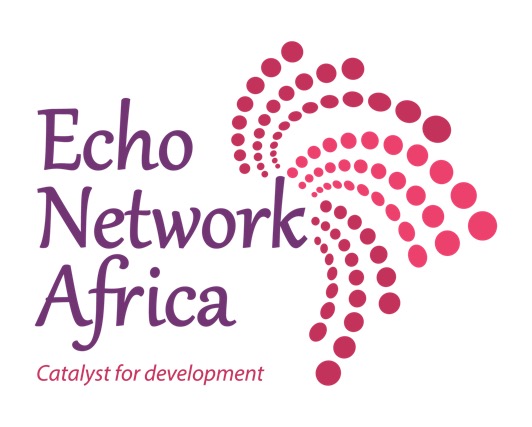Women’s Leadership, Political Participation and Governance
Through the Women’s Leadership, Political Participation and Governance Program, ENA seeks to bridge the gender gaps in decision making spaces and in political leadership in particular. This initiative aims at bringing women’s participation to the fore during the reforms and ensure that the gains in the CoK 2010 are not only preserved but also expanded.
Overarching Objective:
Gender Equality & Full Participation of Girls and Women in Democratic Processes and Leadership at all levels.
Additionally, ENA has built strong partnerships and networks with like-minded women rights organizations and stakeholders to prepare women for effective participation in national elections as yet another way of increasing their numbers and therefore contributing to meeting the minimum threshold for gender equality in leadership.
Women’s political participation can be defined as the actual and equal involvement of women in the governance of the communities they belong to whether via elective, appointive or merited positions. It means the recognition and value attached to the contribution of all including women in the governance system of any community/country.Decision-making becomes beneficial to the entire country when it reflects the collaborative inputs from all members of the community without discrimination. Equal participation of women and men in politics is an important condition for effective democracy and good governance. Apart from strengthening and enhancing the democratic system, the participation of more women in political decision-making has many positive effects on society that can help improve the lives of women and men.
Benefits include more equitable societies and inclusive governance, higher standards of living, positive development in education, health and infrastructure, and a decrease in political corruption.
